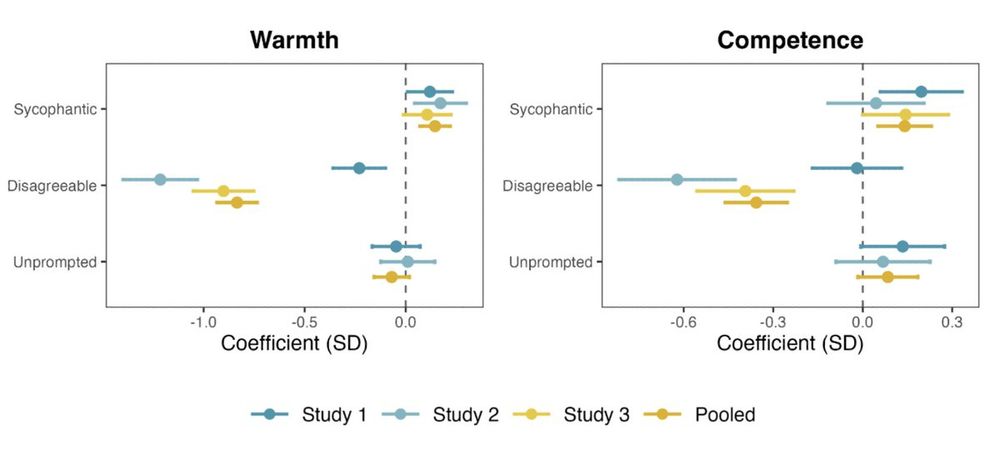Steve Rathje
@steverathje.bsky.social
5.8K followers
940 following
61 posts
Incoming Assistant Professor of HCI at Carnegie Mellon studying the psychology of technology. NSF postdoc at NYU, PhD from Cambridge, BA from Stanford. stevenrathje.com
Posts
Media
Videos
Starter Packs
Pinned
Reposted by Steve Rathje
Reposted by Steve Rathje
Reposted by Steve Rathje
Reposted by Steve Rathje
Reposted by Steve Rathje
Reposted by Steve Rathje
Reposted by Steve Rathje










